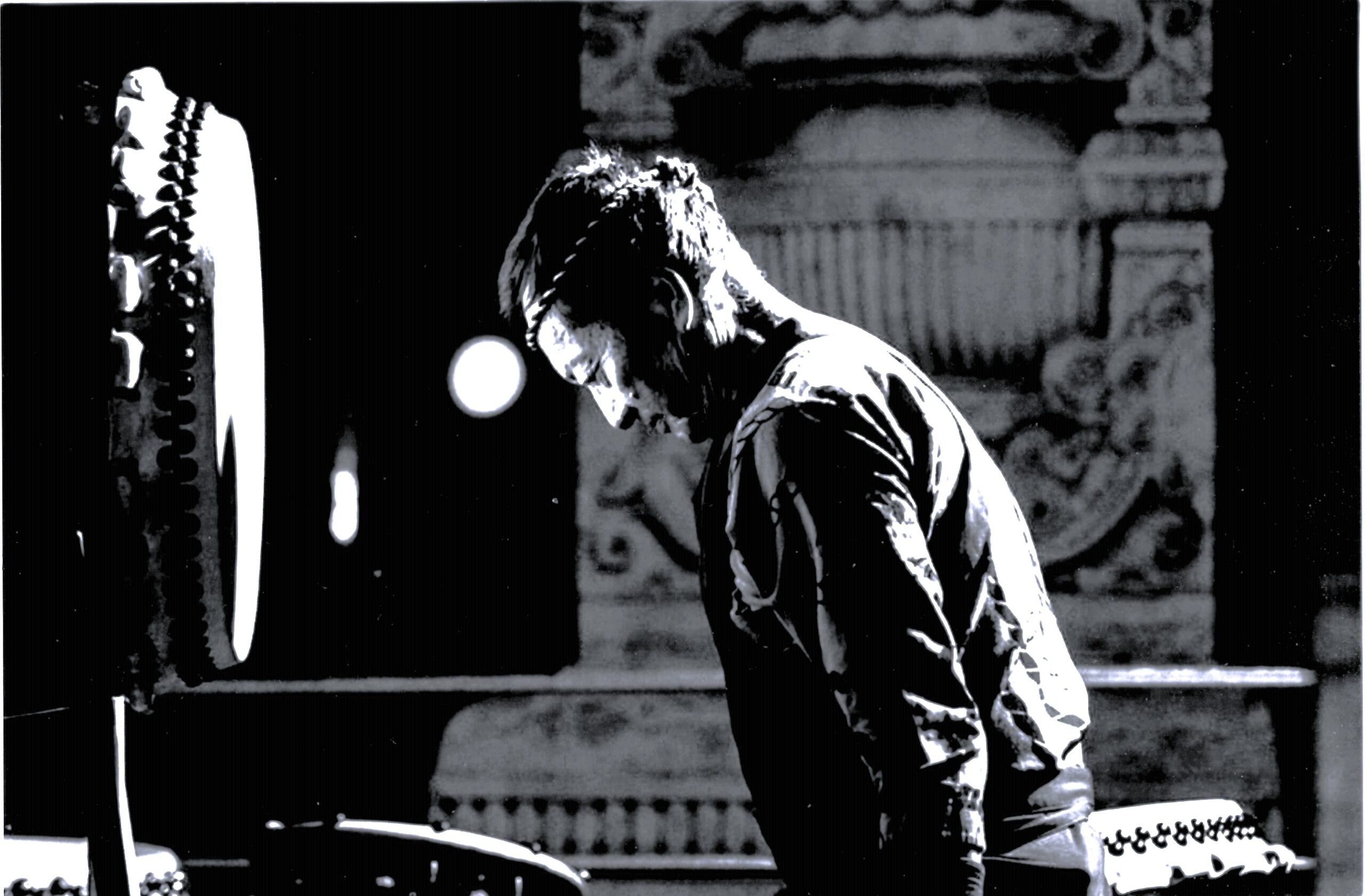Join us for an afternoon of music and memories to celebrate UCLA’s acquisition and digitization of Rev. Shuichi Thomas Kurai’s audiovisual holdings. Rev. Tom was a well-known taiko teacher and performer in the greater Los Angeles area as well as a Soto Zen priest. Taiko is a tradition of Japanese drumming that is immensely popular in Japan, North America, and Europe. For Japanese Americans, taiko is a heritage practice and a site of intense contemporary creativity. Rev. Tom was known for both. We will share footage from his extensive personal video collection documenting forty years of his activities as a taiko master. His former student, ethnomusicologist Deborah Wong, will provide a short keynote, followed by taiko performances by the Taiko Center of Los Angeles (Rev. Tom’s ensemble, now led by Maceo Hernandez) and UC Riverside’s Senryu Taiko. Rev. Gyokei Yokoyama from Sozenji Buddhist Temple will provide a blessing. Also performing will be Terry Nguyen (UCR’s current taiko instructor) and Shih-Wei Wu (a former student of Rev. Tom’s).
The Taiko Center of Los Angeles (TCLA) was founded by Reverend Shuichi Thomas Kurai in 1996. It members perform throughout Southern California, the U.S., and in Japan as well. Maceo Hernandez has served as its Artistic Director since 2018.
Senryu Taiko is an intercollegiate Taiko group, meaning that it was founded and has been maintained by college students. There are countless other intercollegiate Taiko groups throughout North America, and nearly every University of California campus is home to an intercollegiate Taiko group. Senryu Taiko is composed of college students who have spent a year or more learning Taiko-playing techniques and applied those techniques to teaching newcomers and writing Taiko music exclusive to Senryu Taiko. One unique aspect of Senryu Taiko, an aspect that is rare amongst the intercollegiate Taiko community, is that members of the group build the Taiko used in rehearsal and performance. Thus, Senryu Taiko does not purchase professional, manufactured Taiko, but instead builds Taiko from scratch using wine-barrels and traditional Taiko-making techniques.
Keynote Speaker: Deborah Wong
Deborah Wong is an ethnomusicologist, Professor of Music at the University of California, Riverside, and the chair of UCR’s Department Ethnic Studies for AY 2023-24. She has written three books: Louder and Faster: Pain, Joy, and the Body Politic in Asian American Taiko (2019), Speak It Louder: Asian Americans Making Music (2004), and Sounding the Center: History and Aesthetics in Thai Buddhist Ritual (2001). She served as editor for Nobuko Miyamoto’s extraordinary memoir, Not Yo’ Butterfly: My Long Song of Relocation, Race, Love, and Revolution (2021). With Sherrie Tucker and Jeremy Wallach, she is a series editor for the Wesleyan University Press Music/Culture series. Active in public sector work at the national, state, and local levels, she serves on the boards of the Chinese American Museum DC and Great Leap. Her happiest hours of the week are spent going on air with her weekly radio show Gold Mountain for KUCR 88.3 FM in Riverside. She was a member of the Taiko Center of Los Angeles for many years and still dances bon-odori every summer in Southern California Obon gatherings. She worked with Garrett Kurai to house Rev. Tom Kurai’s extensive personal archive at UCR, UCLA, and the Japanese American National Museum.
This event is co-sponsored by the UC Riverside Department of Music, the UCLA Center for Community Engagement, the UCLA Asian American Studies Center, the UCLA Paul I. and Hisako Terasaki Center for Japanese Studies, and the UCLA Ethnomusicology Archive.





